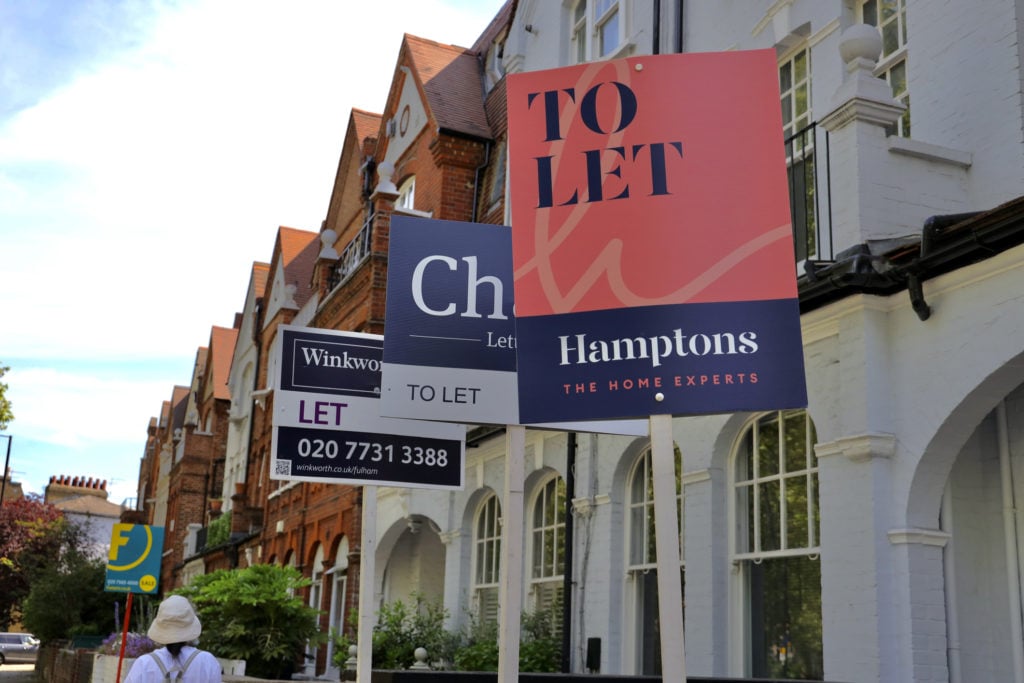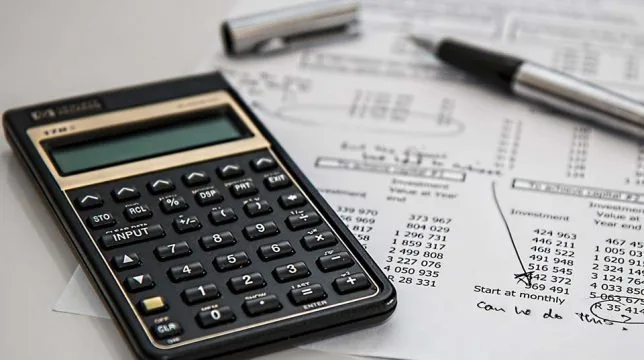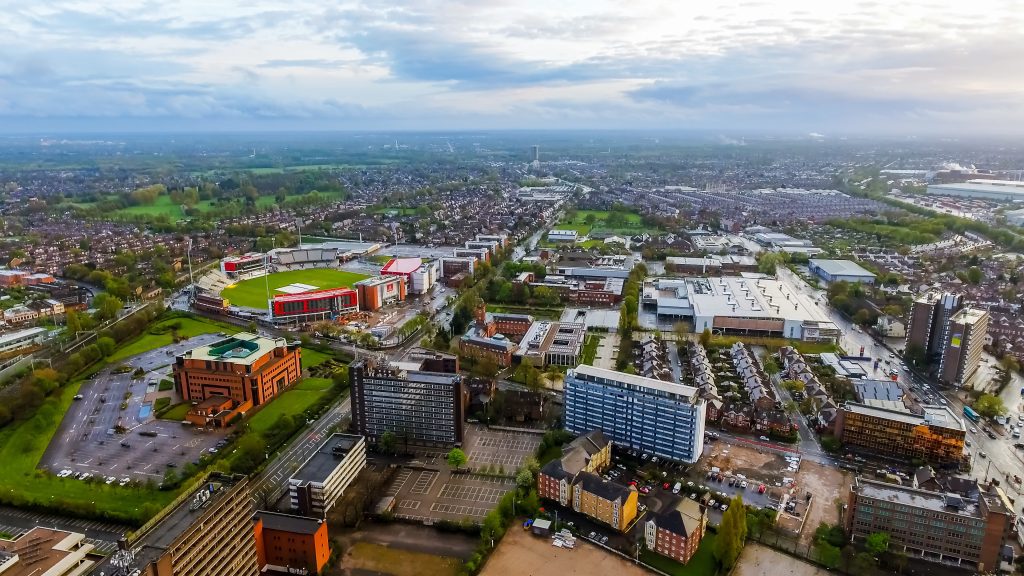What tax do I need to pay on buy-to-let property?
A number of UK taxes apply to buy-to-let property investment, which landlords and investors should take into consideration for effective financial planning. Some taxes vary depending on the specific investment type, with certain reliefs available, which you can learn more about on the government’s website or through a tax specialist.
Stamp duty land tax (SDLT)
All residential property purchases above £125,000 in the UK are subject to stamp duty land tax (SDLT), with the amount owed depending on the value of the property. When investing in an additional property, whether as a buy-to-let or a second home, a 5% stamp duty surcharge applies.
Use our stamp duty calculator to determine how much stamp duty you might have to pay on your buy-to-let investment.
Income tax on rental payments
Landlords must pay income tax on their rental income after deducting allowable expenses such as letting agent fees and maintenance. Again, the government’s website can offer more guidance on how to calculate your tax, as well as information on tax brackets and rates. How much you can claim might also depend on the property type as well as whether you own the property as an individual or through a limited company.
Capital gains tax
When it comes time to sell your buy-to-let investment property, it will likely be subject to capital gains tax, which is calculated on the difference between the original purchase price and what you achieve upon sale. You will benefit from a tax-free allowance (£3,000 for the 2025/2026 tax year).
A growing number of landlords are choosing to buy and operate their buy-to-let investments through a limited company, as this can provide tax benefits under certain circumstances. You are advised to speak to an expert if you are considering setting up a limited company for buy-to-let property, to ensure it is the best option for you.


























